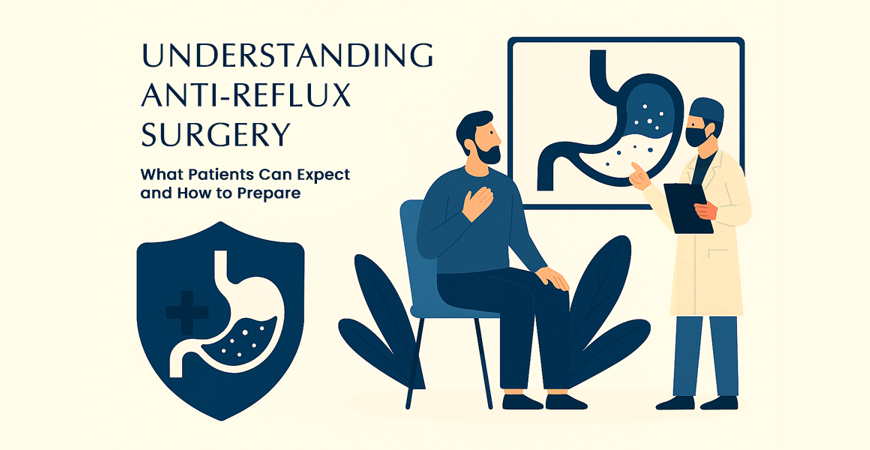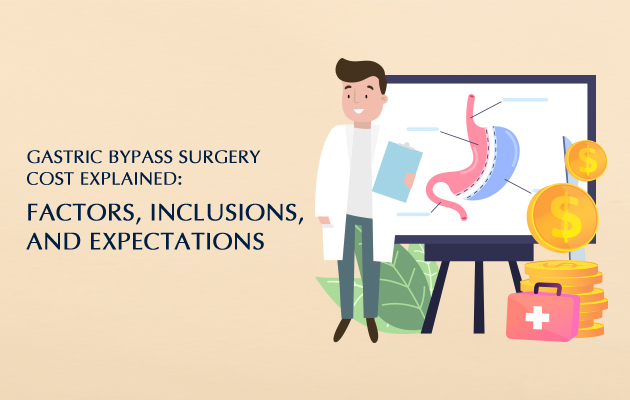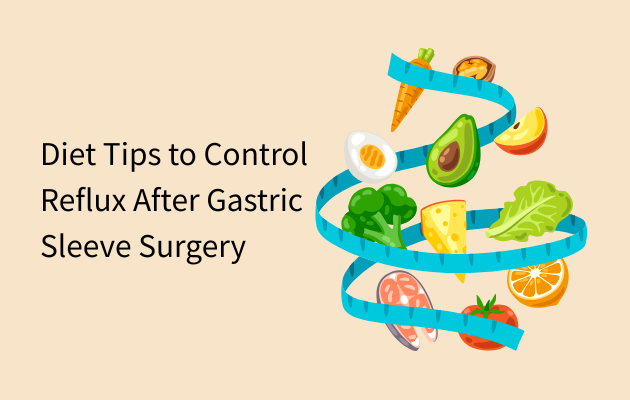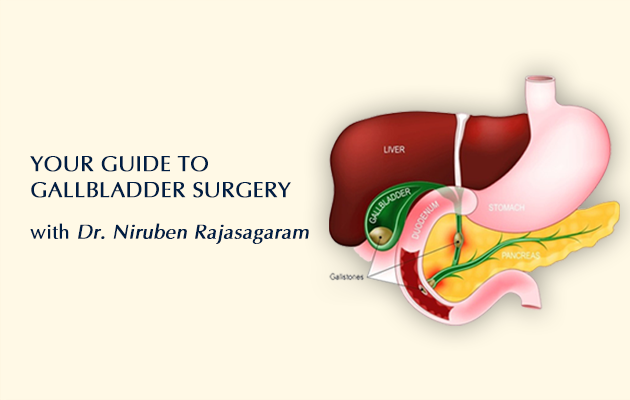Acid reflux is a manageable condition for many people, especially with the right combination of lifestyle changes and medication. It is a common condition that affects many individuals, often causing discomfort after meals or while lying down. In most cases, symptoms can be managed with medication and lifestyle changes. However, for some individuals, reflux becomes chronic and significantly disrupts daily life. When other treatments are no longer effective, anti-reflux surgery may be recommended as a long-term solution.
Dr. Niruben Rajasagaram, an experienced gastroesophageal reflux disease specialist in Melbourne, provides effective solutions for acid reflux and gastroesophageal reflux disease (GERD). With a patient-centred approach, Dr. Niruben provides personalised guidance on treatment options. If surgery is needed, he may recommend procedures like laparoscopic fundoplication surgery to help manage acid reflux effectively.
This blog will help you understand acid reflux, when surgery is needed, how the procedure works, and how to prepare for it.
What Is Acid Reflux?
Acid reflux occurs when stomach acid flows back into the oesophagus (food pipe). This occurs when the lower oesophageal sphincter (LES), a ring of muscle between the stomach and the oesophagus, becomes weak or relaxes when it shouldn’t.
As a result, the acid from the stomach rises into the oesophagus and causes a burning sensation in the chest, known as heartburn. While occasional acid reflux is common, frequent occurrences may be a sign of gastroesophageal reflux disease (GERD).
What Causes Acid Reflux?
Several factors can contribute to acid reflux, including:
-
Weakness of the lower oesophageal sphincter (LES)
-
Obesity
-
Pregnancy
-
Smoking
-
Certain foods and drinks (such as spicy foods, alcohol, chocolate, and coffee)
-
Large meals or lying down soon after eating
-
Hiatal hernia (a condition where part of the stomach pushes up into the chest)
Gastroesophageal Reflux Disease Symptoms
GERD is a serious, long-term form of acid reflux. Its symptoms are often more frequent and intense. Common signs include:
-
Frequent heartburn (burning in the chest)
-
Regurgitation (acid or food coming back up into the mouth)
-
Difficulty swallowing
-
A chronic cough or sore throat
-
Hoarseness
-
Feeling of a lump in the throat
-
Chest pain (often mistaken for heart issues)
If lifestyle changes and medications do not relieve these symptoms, we may recommend surgery as a more effective GERD treatment.
Treatment Options for Acid Reflux Disease
Initial treatment for acid reflux and GERD includes:
-
Dietary and lifestyle changes (avoiding trigger foods, weight management, quitting smoking)
-
Over-the-counter medications like antacids
-
Prescription medications such as proton pump inhibitors (PPIs) or H2 blockers
-
Avoid eating late at night
-
Elevating the head of the bed
However, when symptoms persist despite these treatments, or if complications like oesophageal damage, strictures, or Barrett's oesophagus develop, anti-reflux surgery may be necessary.
What Is Anti-Reflux Surgery?
Anti-reflux surgery is a procedure designed to control stomach acid from passing backwards into the oesophagus. The most commonly performed type of anti-reflux surgery is called fundoplication surgery.
Fundoplication Surgery Explained
In fundoplication, the upper part of the stomach (the fundus) is wrapped around the lower part of the oesophagus. This reinforces the lower oesophageal sphincter (LES) and prevents acid from building.
This procedure is often done laparoscopically (keyhole surgery), which involves small cuts and a quicker recovery.
There are different types of fundoplication depending on how much of the stomach is wrapped:
-
Nissen Fundoplication (360-degree wrap), the most common and complete form
-
Toupet Fundoplication (270-degree wrap), partial wrap, used in selected patients
-
Dor Fundoplication (anterior partial wrap), used for specific cases
Who Needs Anti-Reflux Surgery?
You may be a candidate for anti-reflux surgery if you:
-
Have chronic GERD symptoms not controlled by medications
-
Are unable or unwilling to take long-term medication
-
Experience side effects from GERD medications
-
Have complications such as oesophagitis, strictures, or Barrett’s oesophagus
-
Have a large hiatal hernia contributing to reflux
Dr. Niruben, a GERD specialist in Melbourne, will assess your condition using endoscopy before recommending surgery.
What to Expect Before, During, & After the Surgery?
|
Before Surgery |
During Surgery |
After Surgery |
|
|
|
Benefits of Anti-Reflux Surgery
Here is how you can benefit from anti-reflux surgery:
-
Long-term relief from acid reflux symptoms
-
Reduced or eliminated need for medications
-
Prevention of future complications like oesophagitis or strictures
Risks of Anti-Reflux Surgery
Here are some risks that are usually rare and might occur if you do not follow aftercare recommendations:
-
Difficulty swallowing (usually temporary)
-
Gas-bloat syndrome
-
Infection or bleeding
-
Need for revision surgery (in very rare cases)
It’s important to schedule an appointment and have a detailed discussion with Dr. Niruben about the benefits and risks based on your individual condition.
Takeaway
If you are considering anti-reflux surgery, here’s what you should keep in mind:
-
Acid reflux can often be managed with lifestyle and medication, but chronic cases may require surgery.
-
Gastroesophageal reflux disease (GERD) involves persistent symptoms and can lead to serious complications.
-
Fundoplication surgery is a proven, effective solution for long-term symptom control.
-
Anti-reflux surgery in Melbourne, provided by Dr. Niruben Rajasagaram, is minimally invasive and has a high success rate.
-
Proper evaluation, preparation, and aftercare are essential to achieving the best outcomes.
By choosing a skilled surgeon and staying informed, you can take confident steps towards lasting relief and improved digestive health.
Consult Dr. Niruben, Melbourne’s Trusted Anti-Reflux Specialist
Acid reflux and GERD can affect your daily life if not properly managed. While lifestyle changes and medications can help, they may not work for everyone. In such cases, fundoplication surgery provides a reliable and long-term solution.
If you're struggling with persistent reflux symptoms, consulting Dr. Niruben Rajasagaram can be your first step towards relief. Anti-reflux surgery is a proven treatment that can protect your oesophagus and eliminate the need for daily medication.
To learn more or to book a consultation, contact our clinic today.








